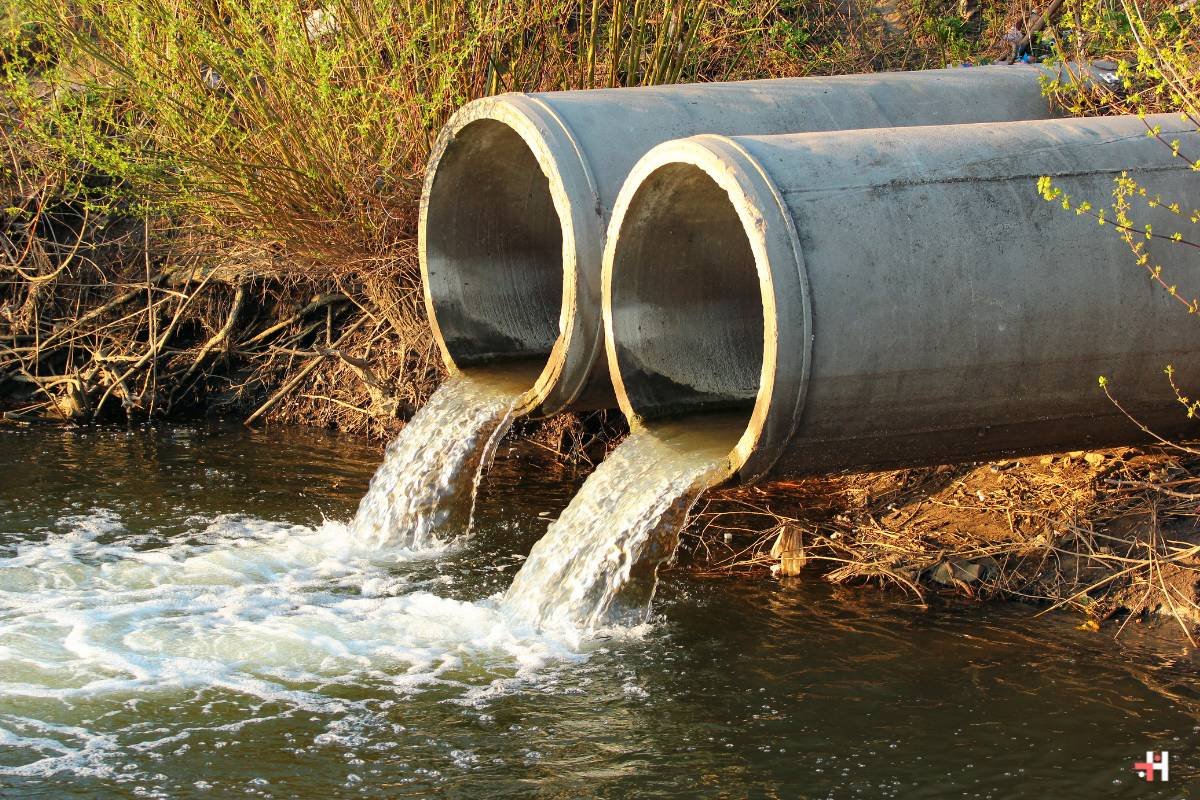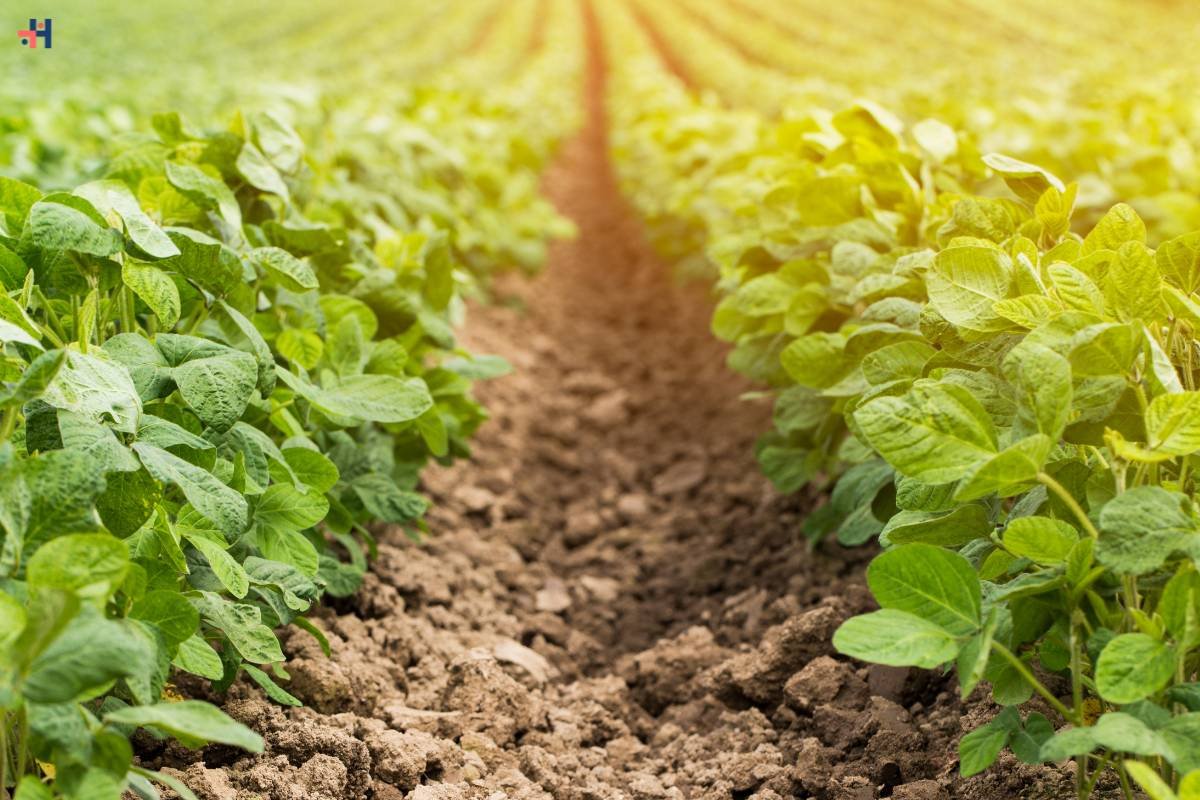Our world confronts unparalleled environmental challenges, underscoring the heightened significance of the convergence between environmental science and sustainable practices. Throughout this piece, we will embark on an exploration into the intricate domain of environmental science, delving deeply into the pivotal role of sustainable practices in fostering and safeguarding our fragile ecosystem.
The current environmental landscape demands a proactive and holistic approach. The intersection of environmental science and sustainable practices emerges as a beacon of hope in mitigating the adverse effects of human activities on the planet. This article serves as a guide, unraveling the complexities and nuances of environmental science while emphasizing the imperative nature of adopting sustainable practices.
As we navigate through the multifaceted aspects of environmental science, our aim is to shed light on the interconnectedness of human actions and their repercussions on the environment. Furthermore, we will underscore the pressing need for sustainable practices that can serve as a counterforce against the challenges posed by climate change, pollution, and the depletion of natural resources. By delving into this discourse, we hope to cultivate a deeper understanding of the symbiotic relationship between environmental science and sustainable practices, emphasizing their collective role in preserving the delicate equilibrium of our planet’s ecosystems.
Understanding Environmental Science
Environmental science is a comprehensive field that examines the intricate web of interactions between humans and the environment. It encompasses the study of ecosystems, biodiversity, climate change, and the impact of human activities on the planet.
Importance of Sustainable Practices
Sustainable practices are the cornerstone of responsible living. They aim to minimize our ecological footprint, ensuring that current and future generations can enjoy a balanced and thriving environment. From energy consumption to waste management, adopting sustainable practices is crucial for the well-being of our planet.
1. Biodiversity Conservation

Biodiversity, the variety of life on Earth, is under constant threat due to human activities. Conservation efforts play a pivotal role in safeguarding endangered species, preserving ecosystems, and maintaining the delicate balance of nature.
2. Renewable Energy Initiatives
The global shift towards renewable energy sources is a beacon of hope in the fight against climate change. Explore how initiatives like solar and wind power are reshaping our energy landscape and contributing to a sustainable future.
3. Waste Management Solutions
Efficient waste management is imperative for a sustainable future. Learn about innovative solutions that reduce, reuse, and recycle waste, minimizing the environmental impact and promoting a circular economy.
4. Global Environmental Policies
International cooperation is crucial in addressing global environmental challenges. Delve into the key environmental policies and agreements that unite nations in the pursuit of a healthier planet.

5. Local Sustainability Initiatives
While global efforts are essential, local communities also play a pivotal role in sustainable practices. Discover how grassroots initiatives contribute to environmental conservation and create positive change at the community level.
6. Technological Innovations in Environmental Science
Cutting-edge technologies are revolutionizing environmental science. From satellite imagery to artificial intelligence, explore how innovation is providing new tools for monitoring, understanding, and mitigating environmental issues.
7. Sustainable Agriculture Methods
Agriculture is a major player in environmental impact. Explore sustainable farming practices that prioritize soil health, reduce chemical inputs, and promote biodiversity, ensuring a more resilient and eco-friendly agricultural system.
8. Urban Farming for a Greener Future
Urban areas are embracing the concept of urban farming to promote sustainable living. Discover how rooftop gardens, vertical farming, and community gardens are contributing to local food production and reducing the carbon footprint.

9. Challenges in Implementing Sustainability
While the benefits of sustainable practices are evident, challenges exist in their widespread implementation. Explore the obstacles faced in adopting sustainable solutions on a global scale.
10. Role of Individuals in Environmental Conservation
Individual actions collectively shape the future of our planet. Learn about the significant role individuals play in environmental conservation, from making sustainable choices to advocating for positive change.
Future Prospects
As we look ahead, the future of environmental science holds exciting possibilities. Explore emerging trends and technologies that promise to further advance our understanding and stewardship of the environment.
Conclusion:
The delicate interplay between environmental science and sustainable practices stands as our most promising avenue for achieving a balanced coexistence with our planet. Every individual action, regardless of its scale, plays a vital role in shaping the broader story of environmental conservation. It is incumbent upon us to join forces in a collective effort, ensuring that our combined actions forge a sustainable legacy for the well-being of future generations.
In conclusion, the intricate synergy between the principles of environmental science and the adoption of sustainable practices represents a beacon of hope for fostering a harmonious relationship with the Earth. The cumulative impact of even the smallest actions becomes an integral part of the overarching narrative of environmental conservation. Let us unite in our endeavors, working collaboratively to secure a sustainable heritage that will endure for the benefit of generations yet to come.
Frequently Asked Questions (FAQs)
Q: How can individuals contribute to biodiversity conservation?
Individuals can contribute by supporting conservation organizations, practicing sustainable living, and spreading awareness about the importance of preserving biodiversity.
Q: Are global environmental policies effective in combating climate change?
Global environmental policies play a crucial role, fostering international collaboration and setting standards to address climate change. However, their effectiveness depends on global adherence and implementation.
Q: How can businesses adopt sustainable practices for waste reduction?
Businesses can adopt sustainable practices by implementing efficient waste management systems, promoting recycling, and embracing circular economy principles to minimize waste generation.
Q: Is urban farming a viable solution for sustainable living?
Yes, urban farming promotes sustainable living by reducing the carbon footprint associated with food transportation, utilizing small spaces efficiently, and fostering community engagement.
Q: What are the key technologies used in environmental monitoring?
Environmental monitoring relies on technologies like remote sensing, IoT devices, and satellite imagery, providing real-time data for informed decision-making.









